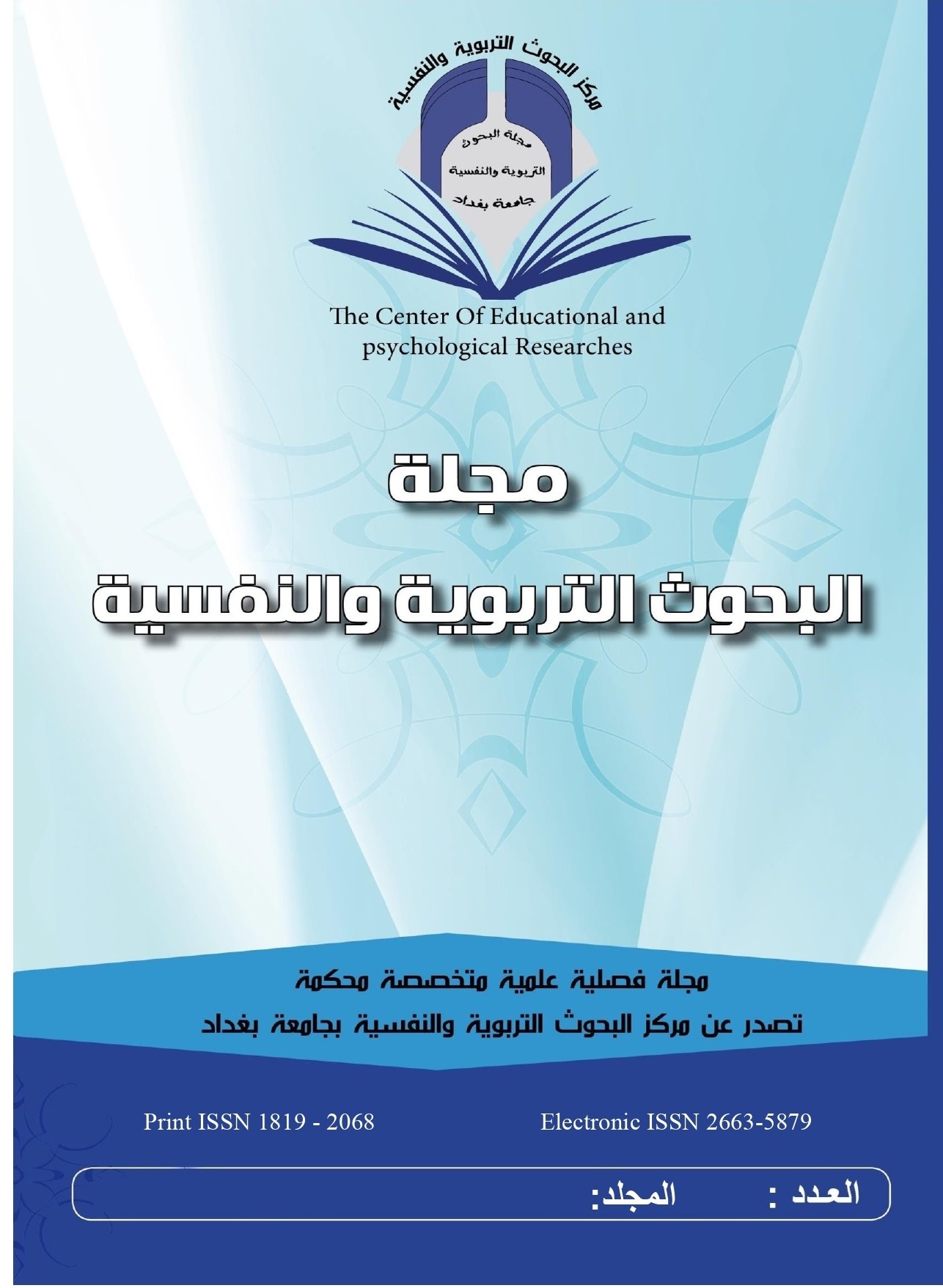Abstract
هدفت الدّراسة الحالية إلى التعرف على مستوى الوعي الديني لدى طالبات الجامعة بالأحكام العقدية والأحكام الفقهية ودوره في الممارسات الحياتية إضافة إلى معرفة إذا كانت هناك فروق ذات دلالة إحصائية في مستوى الوعي الديني لطالبات الجامعة بالأحكام العقدية والأحكام الفقهية. وصُمّمت مقابلة تضمنت (9) أسئلة وطُبقت على (518) طالبة من طالبات مقرر الدراسات الإسلامية (العقيدة والعبادة). وأظهرت النَّتائج أن مستوى الوعي الديني بالأحكام العقدية لدى عينة الدراسة جاء مرتفعًا جدًا، بمتوسط حسابي بلغ (2.81)، وجاء في المرتبة الأولى، في حين جاء مستوى الوعي الديني بالأحكام الفقهية مرتفعا أيضا، بمتوسط حسابي بلغ (2.35)، وجاء في المرتبة الثانية من بين محوري أسئلة المقابلة. وأظهرت نتائج اختبار (ت) للعينات المستقلّة وجود فروق ذات دلالة إحصائية في مستوى الوعي الديني ودوره في الممارسات الحياتية لدى طالبات الجامعة لصالح الأحكام العقدية وخرجت الدّراسة بتوصيات منها: إعطاء القدر الأكبر من الاهتمام في مقرر الدراسات الإسلامية (العقيدة والعبادة) للجانب الفقهي وتحديداً في مجال العبادات إضافة إلى تركيز عضو هيئة التدريس في مقررات الدراسات الإسلامية على الأنشطة التي تنمي الوعي الديني في مجال الأحكام الفقهية وخاصة ما يتعلق بأحكام الصلاة.
Keywords
female university students
life practices
religious awareness
Abstract
The current research aims to identify the level of religious awareness among female university students regarding doctrinal and jurisprudential rulings and their role in life practices. In addition, it seeks to determine if there are statistically significant differences in the level of religious female awareness regarding doctrinal and jurisprudential rulings. An interview was designed that included (9) questions and was applied to 518 female students of the Islamic Studies (Faith and Worship) course. The results showed that the religious awareness of doctrinal rulings among the study sample is very high, with an arithmetic average of (2.81), which came in first place. At the same time, the level of religious awareness of jurisprudential rulings is also high, with an arithmetic average of (2.35) that took the second place among interview questions. The independent samples t-test results showed statistically significant differences in the level of religious awareness and its role in the life practices of female university students in favor of doctrinal rulings. The study came out with some recommendations, including giving the most attention in the Islamic studies course (belief and worship) to the jurisprudential aspect, specifically in the field of jurisprudence. In addition, the faculty members focus in Islamic studies courses on activities that develop religious awareness in jurisprudential rulings, especially those related to the rulings on prayer.
Keywords
الوعي الديني، طالبات المرحلة الجامعية، الممارسات الحياتية
